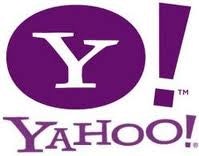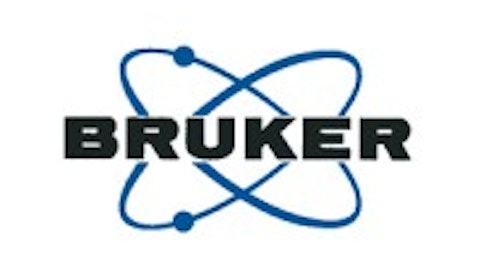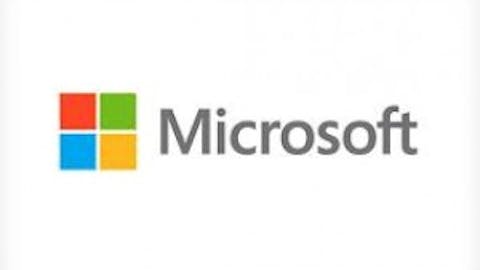
The company initially purchased its stake in Alibaba for $1 billion in 2005 to attempt to play the upward secular trends in internet usage in Asia. The distribution of proceeds to shareholders assuages anxieties from JP Morgan and Barclays analysts stemming from CEO Marissa Mayer’s reevaluation of the company’s “planned capital allocation strategy” noted in an SEC filing. Acquisitions and investment in core operations were considered more likely uses of the proceeds, so Yahoo investors are happy to see the after-tax proceeds coming their way.
Yahoo is having trouble coming up with a competitive mobile solution. Though Yahoo is known as a content aggregator and media source, Stifel Nicolaus analyst Jordan Rohan indicates that the company might adopt a platform-based strategy. While this would attract developers and innovation back to Yahoo, Rohan notes that “this implies lower margins.” Baidu.com, Inc. (NASDAQ:BIDU) and Yandex NV (NASDAQ:YNDX), which provide similarly sundried internet services in Asia, have net profit margins of 46 percent and 29 percent, respectively. Yahoo’s trailing net profit margin stands at around 11 percent, which is also in the low range for the internet technologies sector. Profitability issues are a forefront concern for any move that would steer Yahoo toward a development phase, and therefore, tighter margins.
Acquisitions still stand as a rapid way of expanding Yahoo’s offerings and building competitive advantage. Foursquare and Yelp Inc (NYSE:YELP) are often suggested at candidates, though Mayer seems wise to back away from these expensive companies that would, in all likelihood, only incrementally improve Yahoo’s core business. As we mentioned previously, Yahoo’s vision of an internet made accessible by content aggregators never really came to fruition, and it is still trying to compete with Google Inc (NASDAQ:GOOG) over search market share. Yahoo’s search ad revenue was up 4 percent in the second quarter 2012.
Yahoo shares are trading at 13.5 times forward earnings, which is in the lower range of the tech sector and below the P/Es of Baidu.com, Inc. and Yandex NV. However, when growth projections are taken into account, Yahoo shares are slightly less appealing. The PEG (price/earnings to growth, lower is better) for Yahoo is 1.2, whereas both Baidu and Yandex both come in at below 0.8. This means that Yahoo’s shares are trading at a lower P/E multiple largely because investors are skeptical about the speediness of a turnaround, if one ever comes. Rohan’s sum-of-parts valuation of Yahoo includes a 20 percent discount “due to execution risk and the time value associated.” The only way for Yahoo to earn a higher multiple is to find its catalysts for growth.
Since mid-2007, Yahoo has had seven total CEOs (including interims). The company’s intellectual property and store of patents remain an ongoing asset. We agree with a number of analysts that Yahoo’s best growth opportunities lie in international expansion and in developing in markets not already monopolized by the giants of the tech world.





